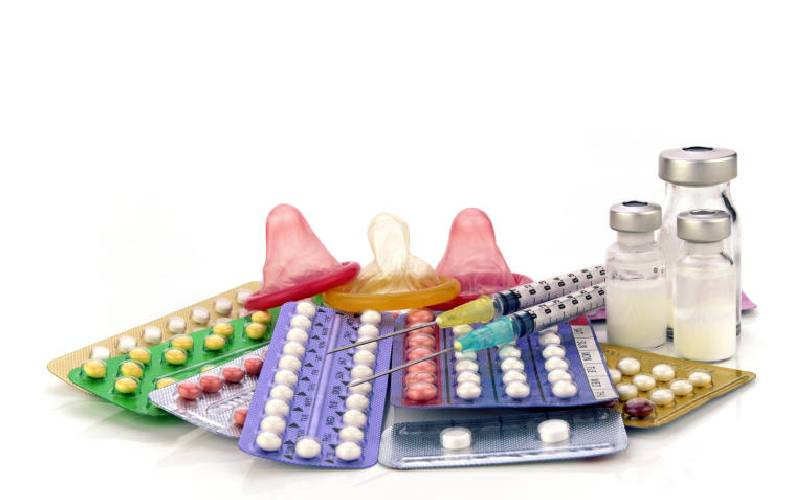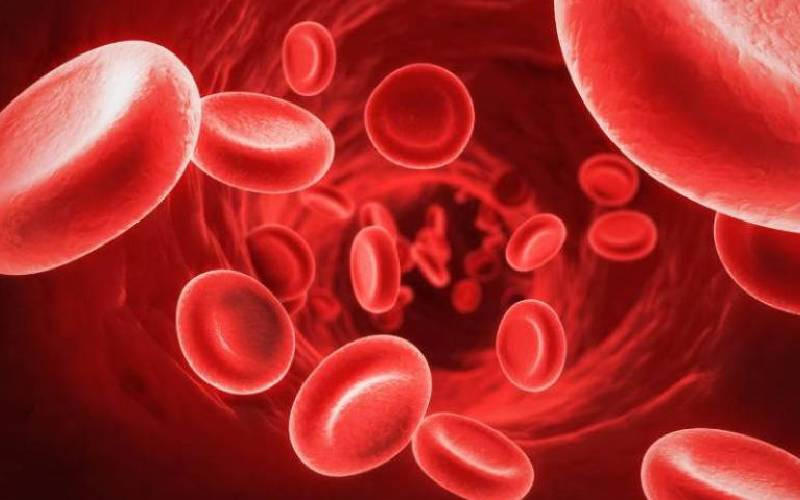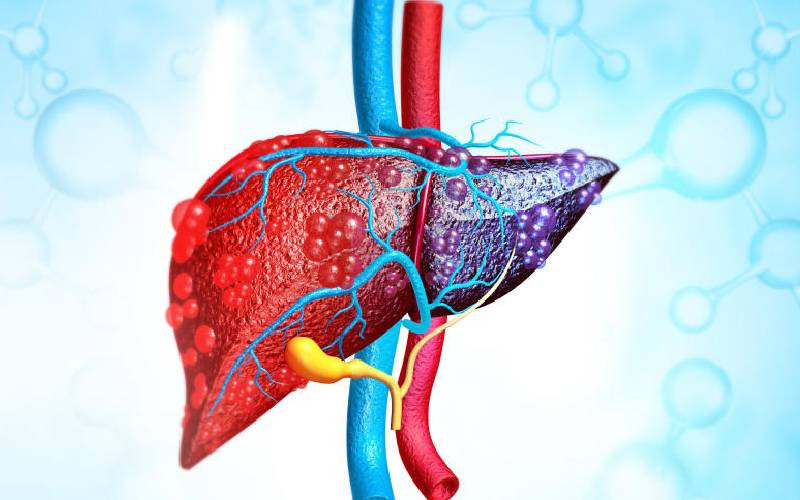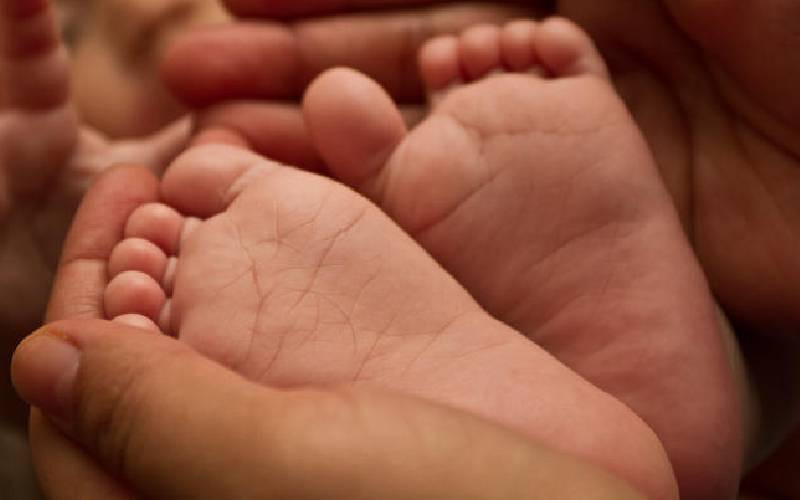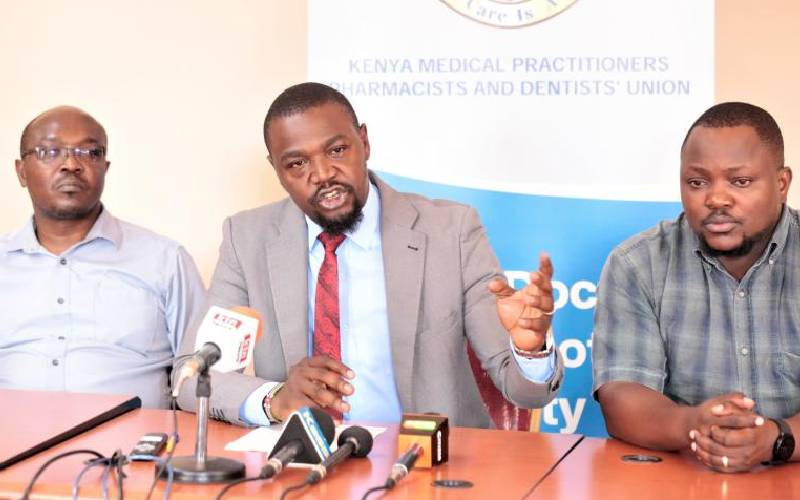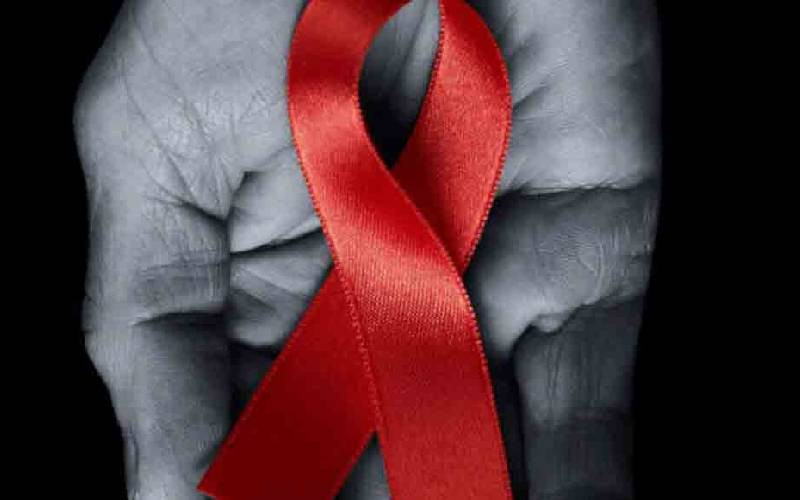
Kenya is recording high HIV infections caused by injection of drugs as the country ranks position six globally with the highest number of AIDS deaths.
The cases are reported despite President William Ruto’s plan to ensure Kenya ends HIV and AIDS death by 2027.
Data by the National Syndemic Disease Control Council reveal that about 26,000 people in Kenyans inject themselves with drugs, whereas 18,400 people die of AIDS.
“We are recording more HIV transmissions in the country, infections transmitted HIV transmitted through drug use,” said NSDCC CEO Dr Ruth Masha during pre-AIDS commemoration day.
Unfortunately, people using injectable drugs do not also seek health services, as the use of drugs is criminal.
Dr Masha noted that harm reduction for people injecting drugs is one of the key interventions for reducing HIV transmission in the country.
- Mother-to-child HIV transmission high at 8.3 per cent
- Concern as 248 children aged 10-19 infected with HIV weekly
- Groups share hope of HIV-free Kenya as Aids day is marked
Keep Reading
Kwale county is leading in the number of people who inject drugs, followed by Nairobi, Kilifi, Nakuru and Kisii at 2,712, 9,722, 5, 643, 16, and 46, respectively.
Other counties with higher numbers of drug use include Mombasa, Kisumu, Kiambu, Murang’a and Kajiado.
High substance use is high among men and boys.
Adolescent boys and young men aged between 15 and 34 years accounted for 72 per cent of adult male new HIV infections in 2022.
“In 2022, Men accounted for 35 per cent of all people living with HIV. However, AIDS-related deaths among men accounted for 48 per cent of all deaths in the same period,” reads a section of the report.
However, despite high drug use in the county, the majority of counties lack programs to help fight the vice.
“Twenty counties have no programs for people who inject drugs and 18 counties reached less than 50 per cent of people who inject drugs in their respective counties in 2022,” reads a section of the report.
Drug use she added affects early diagnosis and treatment of HIV/AIDS.
Last year, at least 113,000 people defaulted on treatment, attributed to stigma, use of drugs and discrimination.
Interruption of medication she said causes virus re-bounce and set pace for opportunistic diseases like meningitis, pneumonia and Tuberculosis (TB).
The NSDCC data added that the number of people who inject drugs on medically assisted therapy increased from 45 in 2015, to 8,557 in 2022.
Medically assisted therapy involves having people who use drugs put on treatment to overcome substance disorder aimed at overcoming addiction.
Meanwhile, AIDS deaths are linked to stigma, discrimination, alcohol and substance abuse.
“Men and boys are the most affected gender in drug and substance use, risking HIV infections and deaths,” added Masha.
Stigma she said is meted by the community, an issue that is also contributing to deaths by suicide.
People facing stigma are not able to access education, religious services and marriage.
“People who get diagnosed with HIV internalise what people think about them, and with such, they end up not accessing treatment, whereas some decide to die by suicide.
Stigma is highly reported in Northern Eastern parts of the county namely, Mandera Wajir Garissa and some counties in Embu, Meru Isioli and neighbouring counties in the Eastern parts of the country.
As Kenya joins the globe to commemorate World AIDS Day today, the CEO pleaded with Kenyans to go for routine testing and treatment.
“When there is delayed treatment, something happens in the body and the changes are reversible. For example, we have damage to body organs,” said Masha.
She said delayed treatment as a result of stigma caused by the community becomes more costly.
“Dealing with stigma from self-stigma is contributing to people dying by suicide as a result of HIV, and that is a result of eternalised stigma,” said the CEO.
She added, “Yes HIV is there, by end of today, AIDS is not yet over, Kenyans should invest within their communities. Every sector should communicate to the people they serve. End aid together by 2027”.
 The Standard Group Plc is a multi-media organization with investments in media platforms spanning newspaper print
operations, television, radio broadcasting, digital and online services. The Standard Group is recognized as a
leading multi-media house in Kenya with a key influence in matters of national and international interest.
The Standard Group Plc is a multi-media organization with investments in media platforms spanning newspaper print
operations, television, radio broadcasting, digital and online services. The Standard Group is recognized as a
leading multi-media house in Kenya with a key influence in matters of national and international interest.


